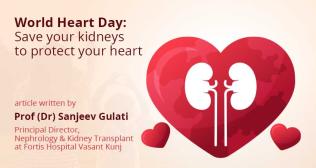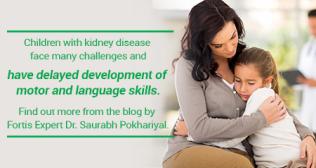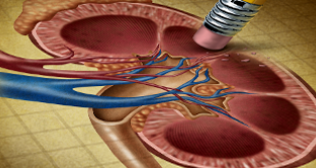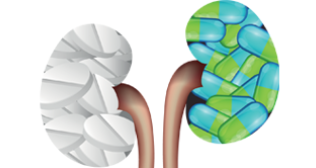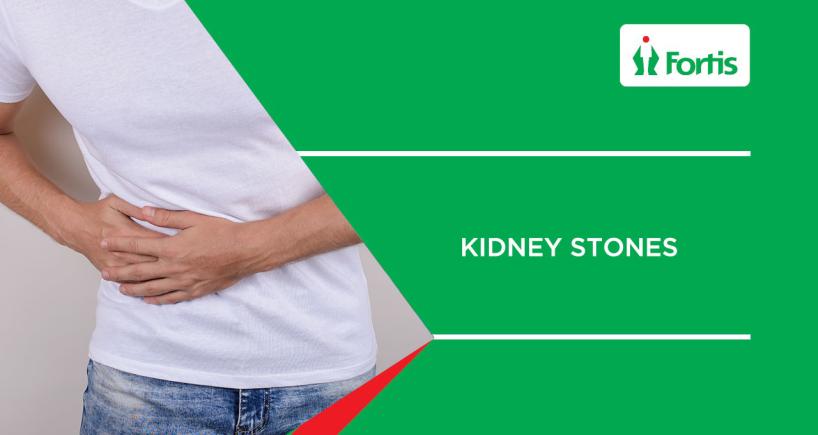
Foods that Cause Kidney Stones
Food that Causes Kidney Stone
Key Takeaways
Kidney stones are hard masses of minerals and salts that form in the kidneys, and they can be very painful. You can lower your risk of getting kidney stones by making healthier choices, such as drinking enough water and avoiding certain foods. Some foods that you should avoid or eat in moderation include those that are high in sodium, high in oxalate (such as spinach and almonds), animal protein, added sugars, and alcohol. If you've had kidney stones before, it's important to know what type you have so that you can make changes to your diet to prevent them from coming back. Consult with a doctor or dietician to plan a diet that can help prevent kidney stones.
What are Kidney Stones?
Kidney stones are a common health problem that can be caused by various factors such as diet, low fluid consumption, excess body weight, some medical conditions, certain medications and supplements. Kidney stones are hard mass of minerals and salts that form inside the kidneys. They are a painful conditions that can lead to urinary problems and kidney damage if not treated. Fortunately, you can help prevent or reduce your risk of developing kidney stones by making healthier lifestyle choices. This includes avoiding or limiting intake of certain foods.
Perhaps, if you have already had kidney stones, knowing the type of kidney stone you have and making changes to what you eat and drink can keep the problem from coming back. The four major types of kidney stones are - calcium oxalate stones, calcium phosphate stones, uric acid stones, and cystine stones.
Foods that Cause Kidney Stones
Here are some foods suggested by nephrologists at Fortis Hospital, Mulund, a leading center for comprehensive renal care in India, that you should avoid or eat in moderation to lower your chances of developing kidney stones.
- High-sodium foods
- High-oxalate foods
- Animal protein
- Added sugars
- Alcohol
1. High-sodium foods
Eating more sodium, which is an ingredient in salt, raises the amount of calcium in your urine, thereby increasing your risk of calcium oxalate stones as well as calcium phosphate stones. Cut back on fast foods, canned foods, packaged meats, and condiments that are high in sodium.
2. High-oxalate foods
You may limit your intake of high-oxalate foods, especially if you’ve had a calcium oxalate stone. These include:
- Spinach
- Beets
- Almonds and cashews
- Okra
- Nuts and nut products
- Wheat bran
Pairing oxalate-rich foods with calcium can help your body handle oxalate and avoid the formation of kidney stones.
3. Animal protein
While you need an adequate amount of protein in your diet each day, consuming animal protein such as:
- Beef
- Chicken
- Pork
- Eggs
- Fish
Animal protein increases the amount of uric acid you make. Try replacing animal protein with plant-based proteins like legumes, soy foods, nuts, etc, to reduce your risk of kidney stones.
4. Added sugars
Added or refined sugars can not only raise your chances of having of kidney stones but also increase the risk of heart disease and many other serious conditions. A sugary drink can raise your urine calcium and lower your urine volume. Eliminate or reduce foods and drinks flavored with sugar, or particularly high-fructose corn syrup.
5. Alcohol
Since alcohol is a diuretic, it can cause dehydration, thereby increasing your risk of kidney stones. Alcohol increases purine production, resulting in higher uric acid levels in your blood and urine. Too much of uric acid can lead to the development of uric acid kidney stones. Also, alcohol provides your body with empty calories, which can contribute to weight gain linked to an increased risk of kidney stones. Instead, drink enough water to help prevent kidney stones and improve overall health.
Diet plays an important role in managing and preventing kidney stones. Talk to your doctor or a dietician to help you plan your meals to prevent kidney stones.
Quick Links
nephrology hospital in Mumbai | nephrologist in Mumbai | nephrologist in Kalyan | nephrologist in Navi Mumbai
Categories
Clear allਡਾਕਟਰ ਨੂੰ ਮਿਲੋ

- Nephrology | Nephrology
-
24 Years
-
1400
 Available at 1 different locations
Available at 1 different locations








